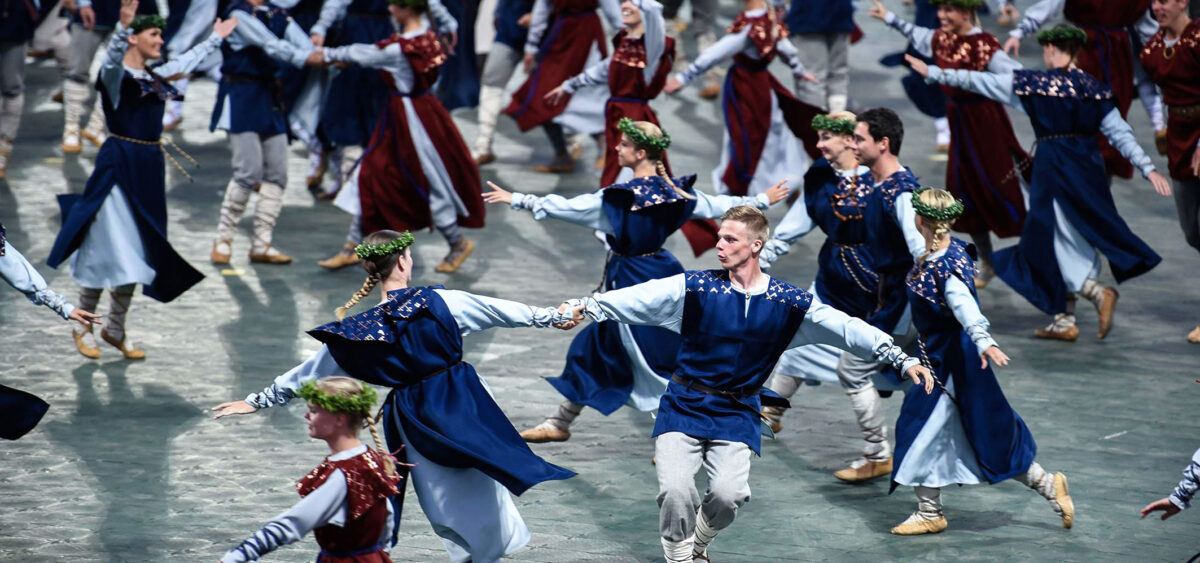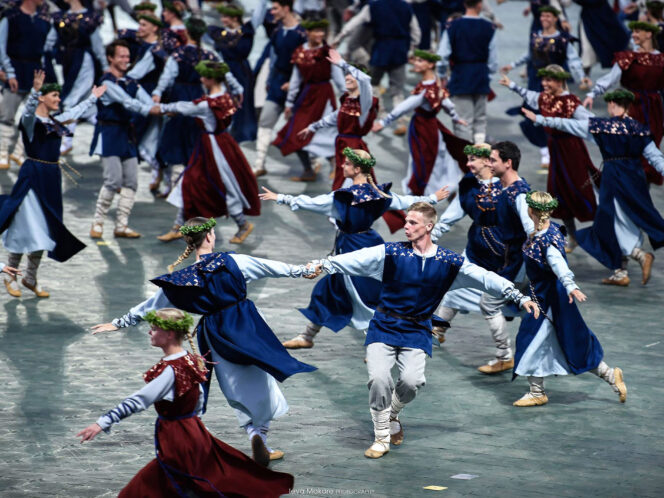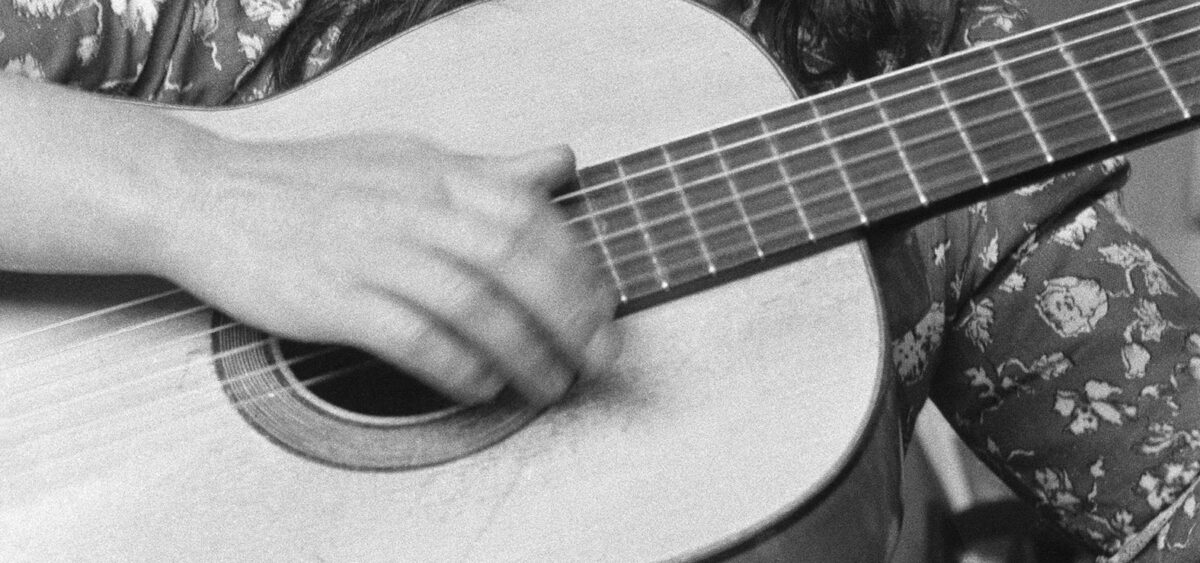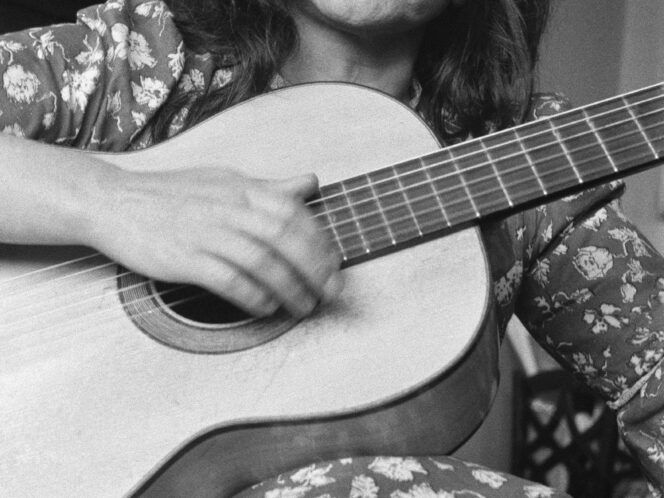
The people of the Baltics have been singing since time immemorial. In the past, their songs brought hopes of survival and strength to fight; today they help navigate a changing, harsh reality.
For Lelde Benke, copywriter and translator, Latvia sounds like hope: soft and tender. Benke was born in Australia, but her parents, grandparents, and local community raised her in the Latvian tradition, embracing folktales and traditional songs. “My grandfather and grandmother romanticized Latvia. They missed their childhood—the time before the war, before the Nazi and Soviet occupation,” Benke tells me. They never really wanted to go abroad. They escaped repressions.”
The Red Army occupied Latvia in 1940. In the following decades, the Soviet authorities sought to annihilate Latvian statehood and brutally suppressed all resistance. In just one day—June 14, 1941—some forty-five thousand Latvians were deported to remote areas of the Soviet Union. During World War II, the fear of deportation and the “red terror” led three-hundred thousand citizens to flee, mainly to Germany. There, instead of finding safety, they were threatened with forced repatriation. As a result, many Latvians traveled even further: to the United States, Great Britain, Canada, Sweden, and other countries. Approximately twenty thousand Latvians, including Benke’s grandparents, moved to Australia. Her parents were born in exile.
“When they met and discovered their roots, they began traveling to Latvia. The idea of ‘living’ in Riga soon emerged, if and when Latvia regained its independence. In 1995, when








